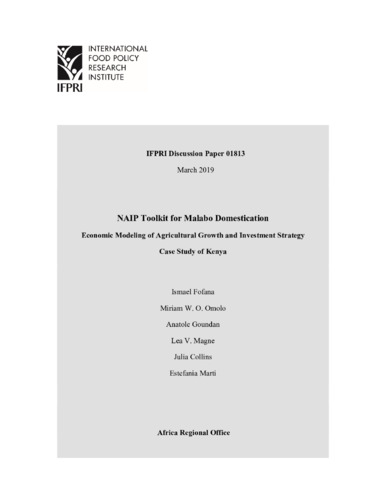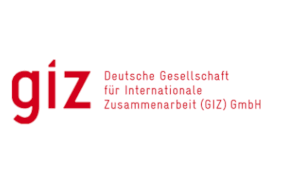Starting in 2016, IFPRI has led the provision of technical support to countries for next-generation National Agriculture Investment Plans (NAIPs) at the request of the African Union Commission (AUC) and NEPAD Planning and Coordinating Agency (NPCA). Many of the first-generation NAIPs established under the Comprehensive Africa Agriculture Development Programme (CAADP) framework ended in 2015, and new NAIPs must be designed which account for the ambitious continent-wide goals and targets of the 2014 Malabo Declaration. IFPRI provides evidence and analysis to identify country-specific goals and targets, investment priorities, and policy options to guide NAIP development.
The NAIP analysis is organized into a series of thematic areas corresponding to the Malabo Declaration commitments. IFPRI has mobilized an experts group of over 200 African researchers who complete the analysis in each thematic area. Members were largely drawn from leading African research networks including the African Growth and Development Policy (AGRODEP) Modeling Consortium and the African Economic Research Consortium (AERC). The experts group is supported by a NAIP task force of international experts from IFPRI, the University of Pretoria, and CORAF. The task force developed the African Union NAIP Toolkit for Malabo Domestication, a resource document on metrics, analytical questions, and tools for NAIP analysis and design, and provided a series of technical clinics for the experts to prepare them to use the tools and methodologies for NAIP analysis. A core team of IFPRI staff provides overall coordination between the task force, the experts group, and AUC and NPCA, as well as facilitating technical workshops and validation meetings in the countries.
For each country, the experts group produces deliverables which assess recent progress and current status in each of the Malabo thematic areas; simulate alternative growth trajectories to identify investment priorities; and provide guidance on policy and program opportunities for accelerating progress in each thematic area. A variety of methodologies, including economy wide modeling and other quantitative and qualitative tools, are used to assess countries’ status, define goals and milestones, and identify required actions under each thematic area. By 2019, in collaboration with the local experts and other technical partners, IFPRI had provided technical support for the development of next-generation NAIPs in around 30 countries.









